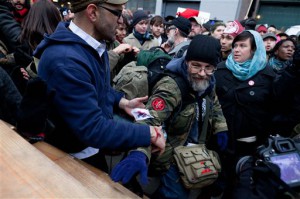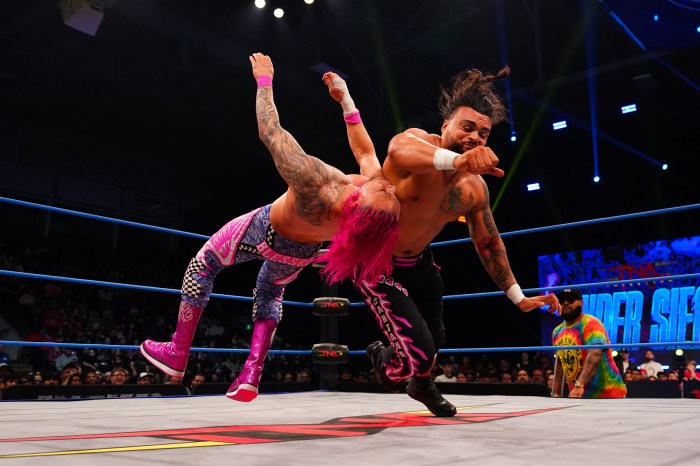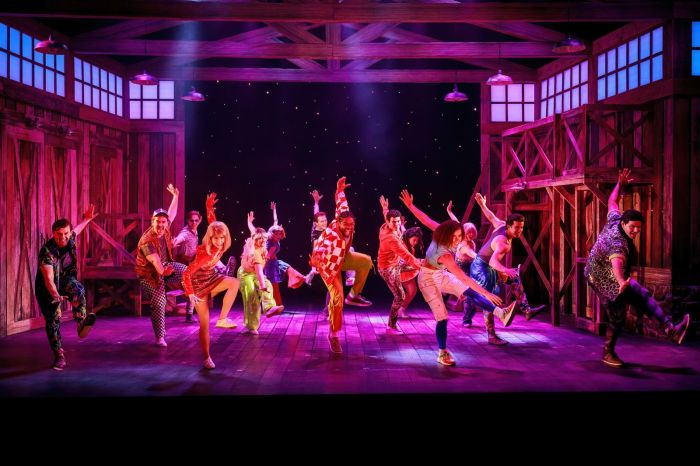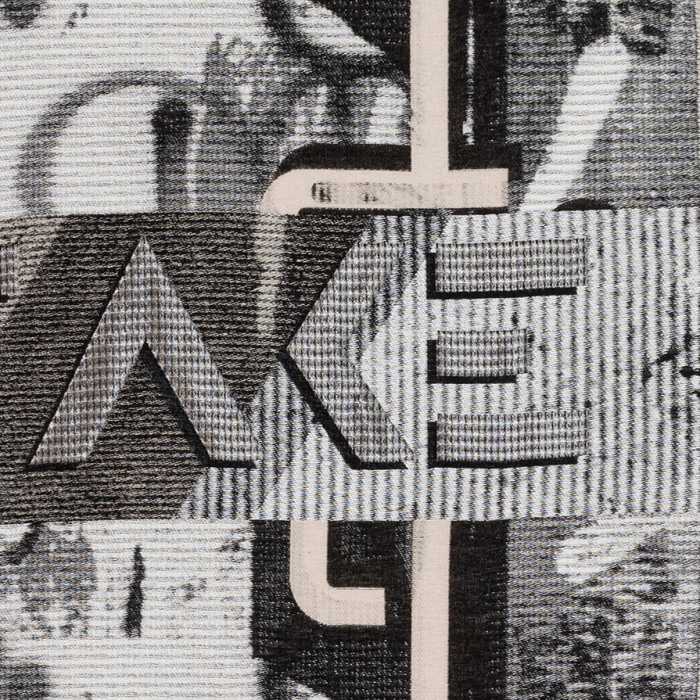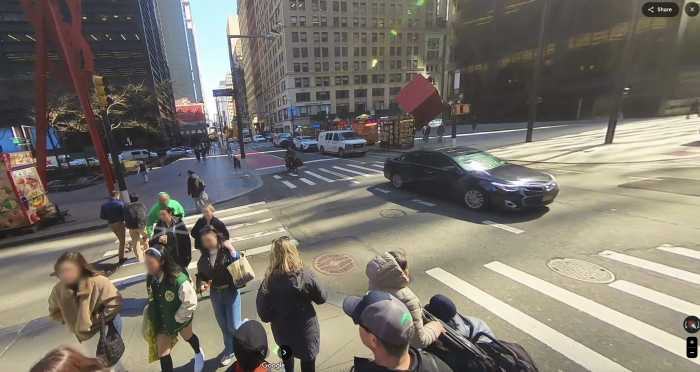
“Occupy” has been named the 2011 Word of the Year.
The word was voted on by the American Dialect Society, which was founded back in 1889 and is dedicated to the study of the English language in North America, and of other languages, dialects of other languages, influencing it or influenced by it. The society is made up of linguists, lexicographers, etymologists, historians, grammarians, academics, editors, writers and independent scholars in the fields of English, foreign languages or other disciplines.
The vote started in 1990, since then words like “chad” and “Y2K” won titles. But this year is all about “occupy.” Word of the Year is interpreted as a vocabulary item, not just words but phrases that don’t have to be particularly new but have to be newly notable in the past year.
“In its 22nd annual words of the year vote, with record attendance, the American Dialect Society voted “occupy” (verb,noun, and combining form referring to the Occupy protest movement? as the word of the year for 2011,” said the American Dialect Society in a press release.
“It’s a very old word, but over the course of just a few months it took on another life and moved in new and unexpected directions, thanks to a national and global movement,” Ben Zimmer, chair of the New Words Committee of Vocabulary.com said. “The movement itself was powered by the word.”
Other words that almost made the title this year include: “FOMO,” an acronym for “Fear of Missing Out” that describes anxiety over being inundated by information on social media; “the 99%, 99 percenters,” referring to to those who held a financial or political disadvantage to the top moneymakers; “humblebrag,” referring to the expression of false humility, especially by celebrities on Twitter; and “job creator,” referring to a member of the top once-percent of moneymakers.
Interestingly, in a companion vote, American Name Society voted “Arab Spring” as Name of the Year for 2011, referring to the popular political uprisings in Middle Easter countries. It’s in it’s eighth annual name-of-the-year contest.




